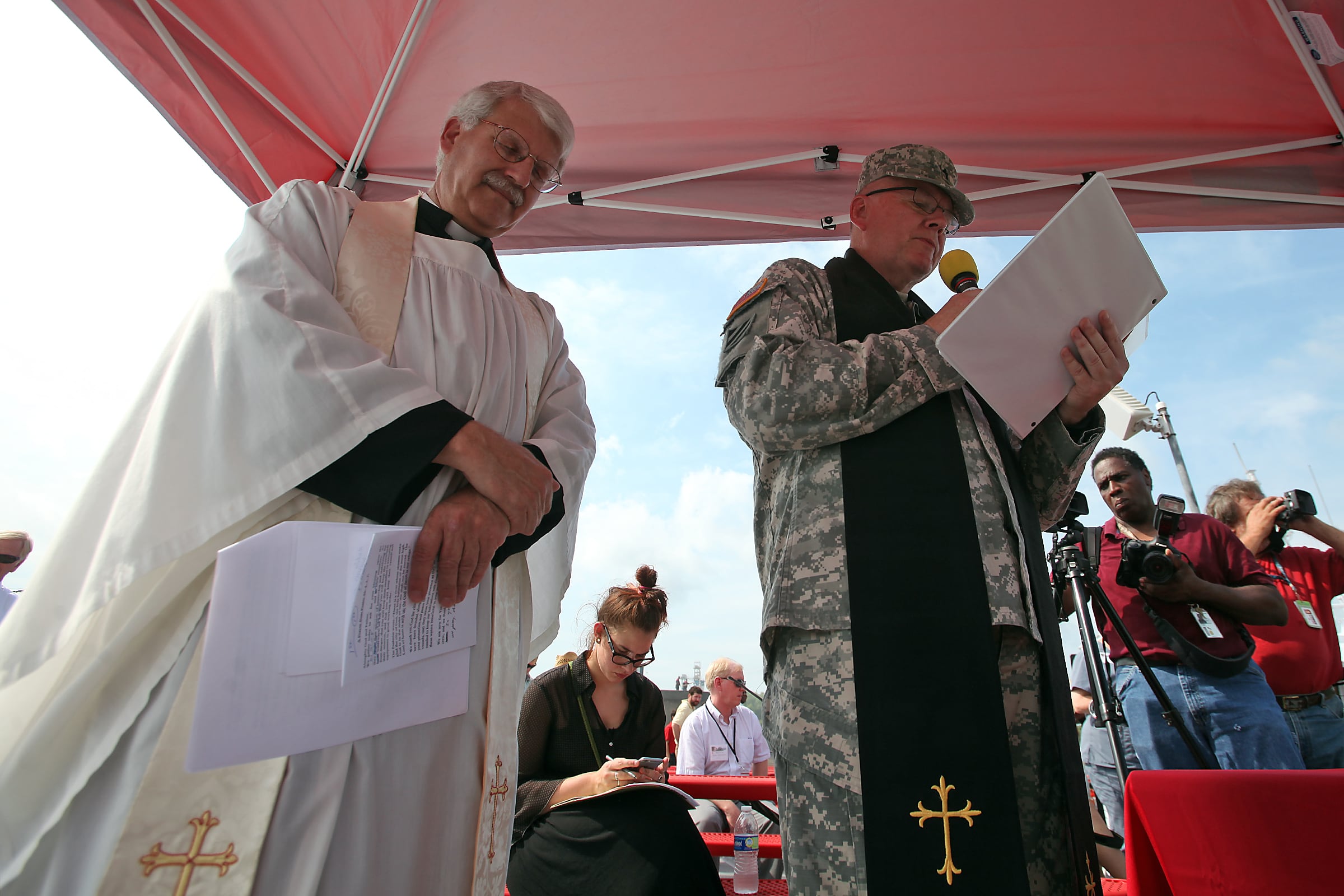PROVIDENCE, R.I. — Trial begins Tuesday for an epileptic man charged with striking and killing a Naval Station Newport police detective with his truck, despite multiple warnings from his doctor not to drive.
Alan Bradley of Newport has pleaded not guilty to operating a motor vehicle in reckless disregard of the safety of others, resulting in death. A federal grand jury indicted Bradley in October.
Bradley, a civilian Navy employee, was driving a government pickup Sept. 26, 2013, when he struck Navy Police Detective Frank Lema, according to authorities. Lema was standing outside of a building on Naval Station Newport.
Bradley, who suffers from epilepsy, continued to drive despite multiple warnings from his doctor not to, prosecutors wrote in a trial memorandum. A friend of Bradley told investigators that Bradley made arrangements to be taken to and from work, but continued to drive a Navy vehicle during work hours.
The Newport Daily News reported that Bradley had been prohibited from driving on the Navy base in 1988 after he had an epileptic seizure while driving and caused an accident. Bradley also was involved in a car accident in Middletown in 2011 and told police at the time that he had a seizure while driving and woke up in a ditch, according to prosecutors.
The prosecution plans to use the 2011 car accident as evidence that Bradley was reckless the day he struck Lema, according to the trial memorandum.
"The driver must have known or should have known that his manner of driving created an unreasonable risk of harm, but he need not to have intended to cause such harm. Intentional conduct, not intentional harm is what is prohibited," prosecutors wrote.
But Bradley's attorney, Terence Livingston, wrote in his pre-trial memorandum that "mere error in judgment by a driver is not sufficient for conviction."
"Conviction under the reckless-driving statute requires evidence that the defendant embarked on a course of conduct demonstrating a heedless indifference to the consequences of his act," Livingston wrote.
Livingston wrote that using the 2011 accident as evidence could create unfair prejudice.





